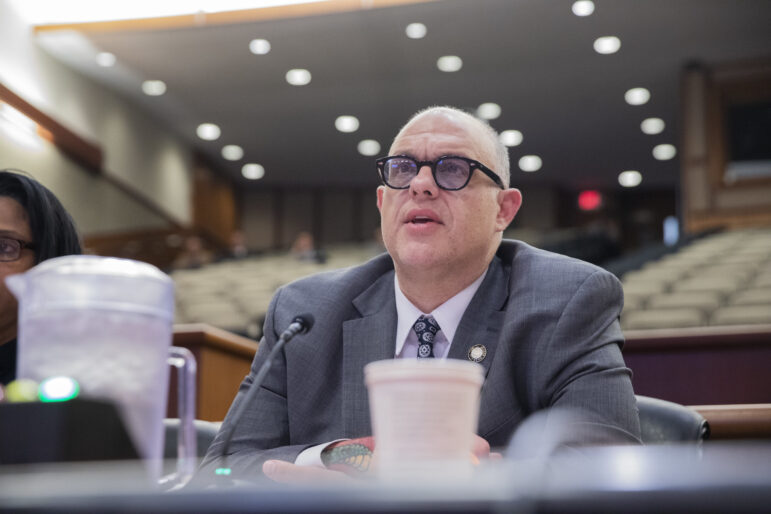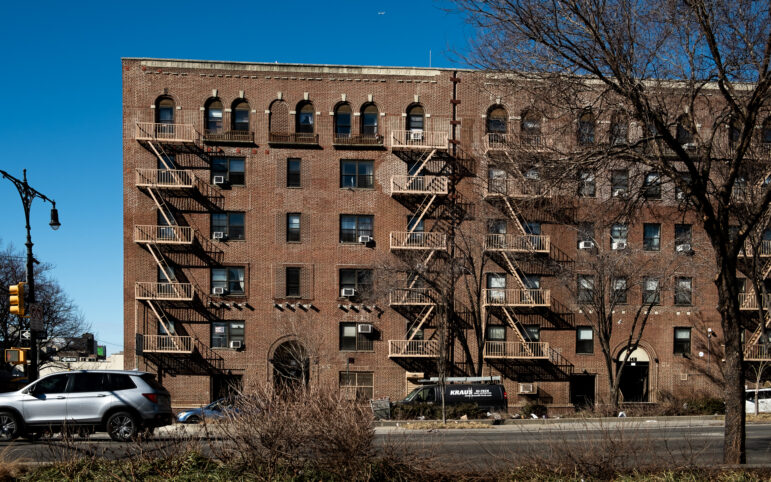Trinity Senior Services is a tiny nonprofit in Rockaway Park, Queens, that offers free bus service to the elderly, ferrying them to the park, library, movies and doctors’ appointments. The group relies almost entirely on $119,000 in city funds to pay for the bus, insurance, gas and drivers. This year, though, when the city was five months late signing Trinity’s contract and issuing its check, the program had to scramble to find emergency donations to keep from shutting down.
Many local nonprofits are familiar with the problem of late payments, but they are particularly devastating for the smallest nonprofits, like Trinity, that have no cash reserves. One of the only available sources for money comes from the Fund for the City of New York (FCNY), which runs an $8-million revolving loan program, with a grant from the city, for human service providers in a financial crisis because their contract is stalled.
Now, as part of a package of reforms to the procurement process, the Bloomberg administration is fine-tuning a plan to address the specific needs of smaller nonprofits.
At a City Council Contracts Committee meeting on March 3, Marla Simpson, director of the Mayor’s Office of Contracts, testified about the reforms now under discussion. While the current program “has been successful in ameliorating hardships,” she said, a pilot project is being designed to “focus on smaller organizations with small annual budgets that are a lot more vulnerable to cash flow shortages.”
As it stands, organizations can apply for loans only once their contract reaches a certain point in the review process. According to Andrew Wolrin, FCNY’s program director, they are usually given loans worth roughly 25 percent of the contract. If the changes are approved, organizations with small enough annual budgets would be able to get loans earlier in the process and borrow up to three months’ worth of expenses. Simpson said the city wouldn’t have to spend more money to implement these changes.
City Council members at the hearing responded enthusiastically to the idea. “No other sector is hit as hard by late contracting as nonprofits that provide vital human services,” said Councilmember Robert Jackson, chair of the Contracts Committee, “so it appears you are clearly moving in the right direction, and faster than many may have thought you could.” Councilmember Joseph Addabbo, whose district houses Trinity Senior Services, also supported giving more help to the most vulnerable groups.
Although Simpson reaffirmed the administration’s desire to go forward, she said the expansion plan would be tested first as a six-month pilot, starting July 1, to make sure it wouldn’t sidetrack her office’s larger effort to end the practice of late contracting altogether. “However laudable the goal of preventing hardship for our vendors,” she said, “we would not want the existence of such a ‘safety valve’ to remove the pressure of accountability.”








